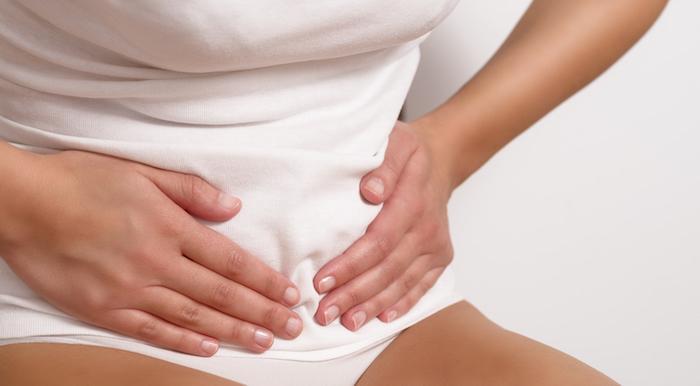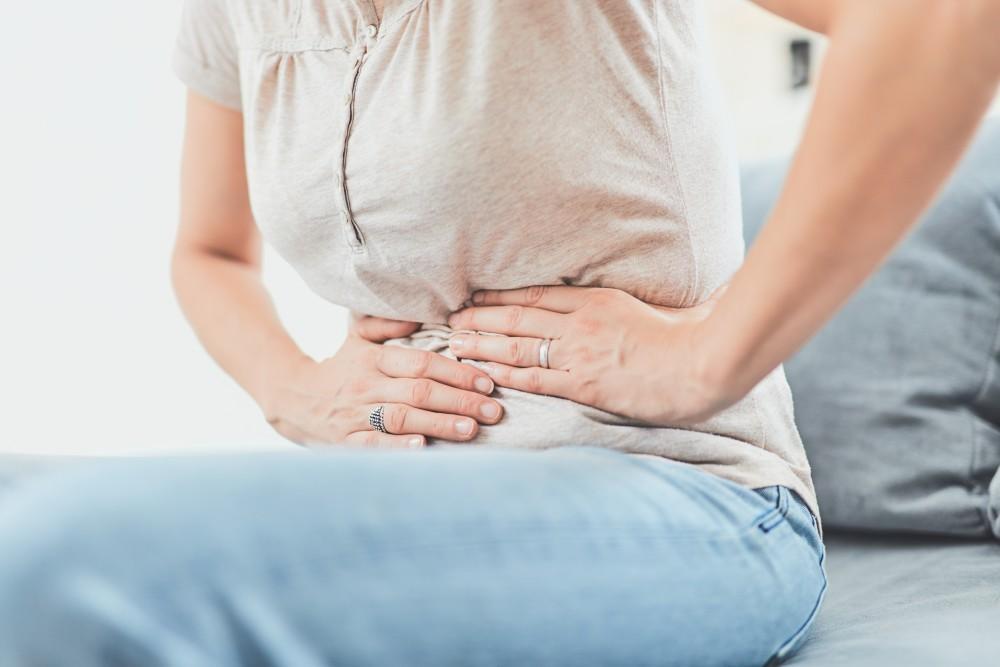
Signs it's Time to Seek Care for Your Heavy Periods
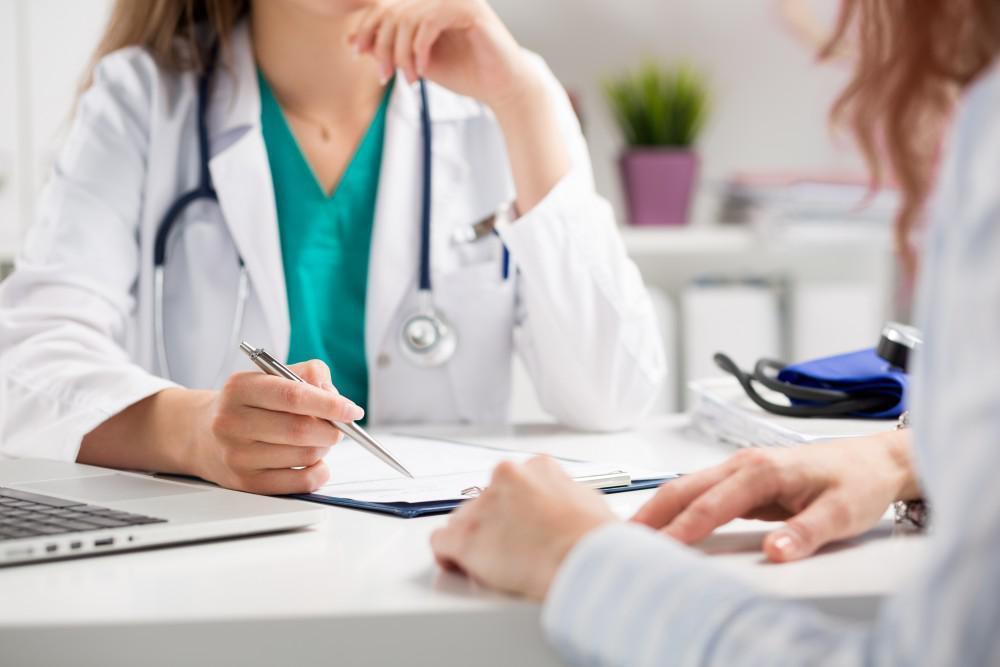
Getting your period is never fun, but it’s much more challenging when you struggle with abnormally heavy or prolonged uterine bleeding. This condition, called menorrhagia, impacts over 10 million American women, and uterine problems, like fibroids, could be to blame.
At Alate Health in Houston, Texas, board-certified and fellowship-trained interventional radiologist Andrew Doe, MD, specializes in treating heavy periods caused by uterine fibroids. But periods don’t come with measuring beakers, so it can be challenging to know what’s normal and what’s not.
We want to help. Take a moment to learn more about heavy periods and the signs it’s time to seek medical care.
How can I tell if I have heavy periods?
It can be challenging to know if your period is especially heavy or not since what constitutes a “normal” period is slightly different for every woman. However, normal periods last 2-7 days and come every 21-35 days.
To confuse matters, some women always have light periods, some have heavier bleeding, and some experience differences in flow each month. No wonder it’s hard to know when your periods don’t fit the norm!
Signs of heavy bleeding
Heavy bleeding or menorrhagia is not normal and is defined as losing more than 80mL of blood during menstruation. Because it’s almost impossible to measure how much blood you lose during your period in milliliters, some real-world signs to look for include:
- Needing to change your pad or tampon every two hours or less
- Having blood clots the size of a quarter or larger
- Not getting through the night without changing your sanitary products
- Bleeding so heavily you can’t do your normal activities
- Periods that are so heavy they leave you feeling tired, out of breath, or without energy
- Bleeding that comes with deep, heavy pain
You may also have menorrhagia if your periods regularly last longer than a week.
When should I see a doctor about heavy menstruation?
Getting one heavier-than-usual period isn’t cause for concern. But if you have heavy periods each cycle, it’s a sign that something isn’t right.
Abnormally heavy periods can be an indication that you have an underlying health issue, like uterine fibroids, that needs medical attention. Chronically heavy periods can also cause health issues, including problems like:
- Iron deficiency (anemia)
- Abdominal pain
- Chronic fatigue and weakness
- Pale, dry skin
- Shortness of breath
- Feeling cold all the time
- Reduced immunity
- Fertility complications
If you have any of the signs of heavy periods listed above, don’t wait to call Alate Health. The sooner you schedule an appointment with your provider, the faster you receive a diagnosis, making treatment more effective.
What if fibroids are causing my heavy periods?
Uterine fibroids are noncancerous tumors that grow in the wall of your uterus. They develop in various sizes, from that of a tiny seed to larger than a grapefruit. Although they’re benign, fibroids can cause heavy periods.
The good news is that many different treatments can help with fibroids. Depending on the severity of your fibroid symptoms and how they impact your quality of life, Dr. Doe may recommend other treatments, including:
- Over-the-counter pain relievers, like ibuprofen
- Hormonal birth control, like the pill or an IUD
- Gonadotropin-releasing hormone agonists (GnRHa)
- Non-surgical uterine fibroid embolization (UFE)
Dr. Doe uses safe and effective uterine fibroid embolization to decrease the supply of blood flowing to your fibroids. As a result, the fibroids shrink, and the associated symptoms improve.
If you need help putting an end to your heavy period, find out if fibroids are to blame by scheduling an appointment online or over the phone with Dr. Doe at Alate Health in Houston, Texas.
You Might Also Enjoy...

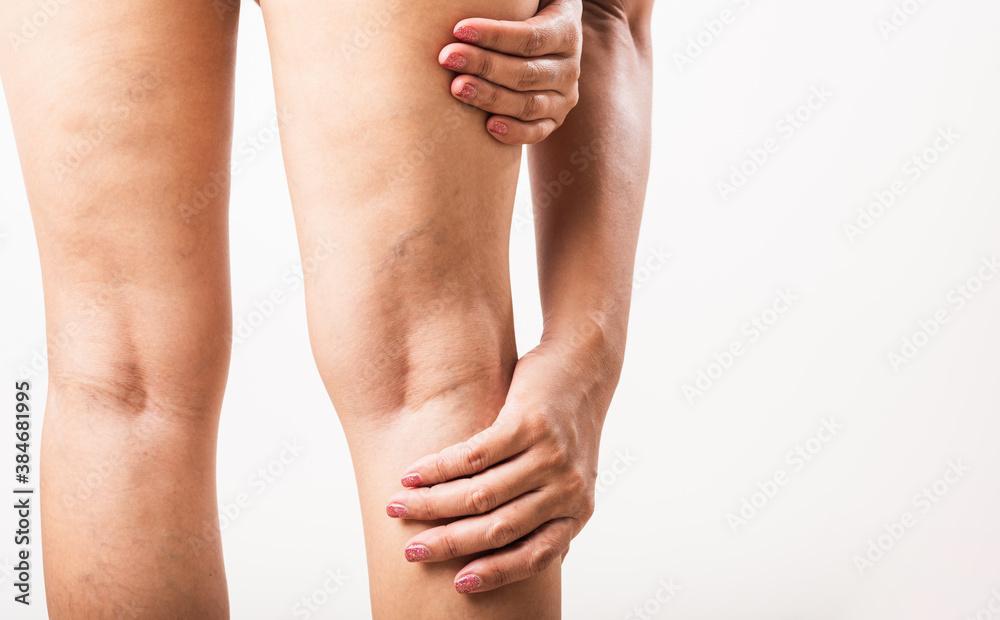
I'm Nervous About My Upcoming VenaSealTM Procedure

Telehealth: The Advantages of Telemedicine
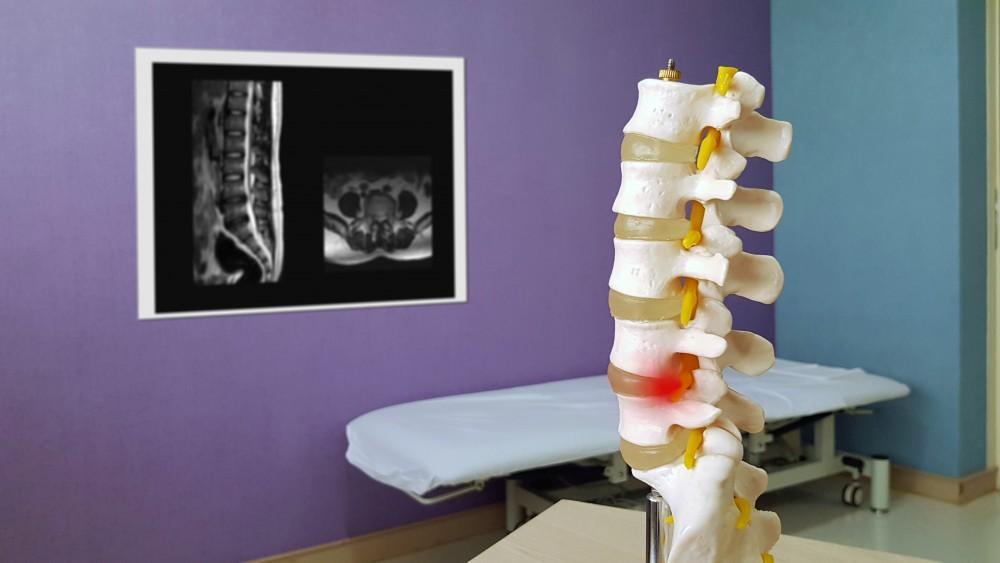
What Caused My Spinal Stenosis?
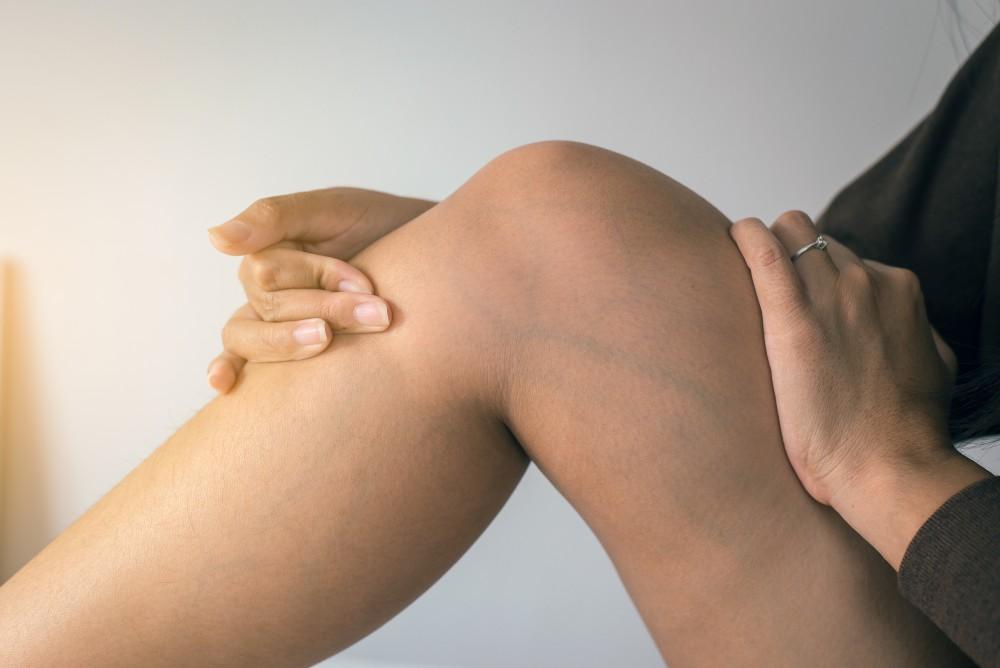
I'm Embarrassed About My Varicose Veins
